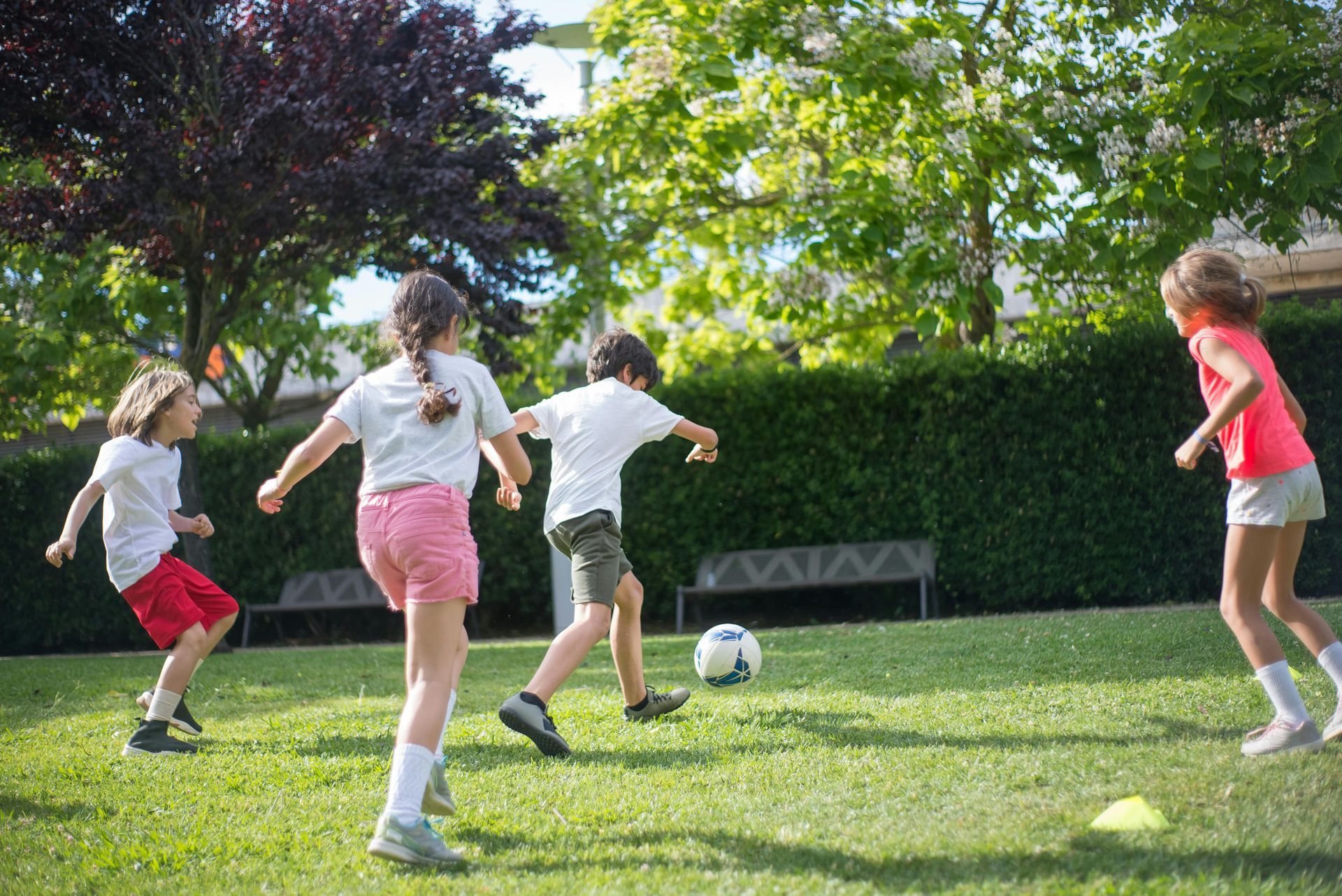Developing Daily Living Skills and Self-Management in Children with Autism: A Guide for Parents
Raising a child with autism comes with its unique challenges, one of which involves helping them develop daily living skills and self-management. Daily living skills are crucial for children with autism to foster independence, navigate daily routines, and promote successful interactions with others. Remember, everyone has varying abilities/learns new skills at different rates - some tasks may take longer to master - and that's ok!
As a parent or caregiver, you play a vital role in supporting your child's growth towards independence and self-management. While ABA therapy does not and should not seek to change the unique qualities your child possesses, it should support the development of healthy and sustainable interactions your child has in their life. In this post we will explore practical strategies and tips to promote the development of daily living skills and self-management in children with autism.
Understanding Daily Living Skills:
Daily living skills encompass a range of activities that enable individuals to function independently in their daily lives. These skills include self-care routines (e.g., dressing, bathing, and toileting), household chores (e.g., cleaning, cooking, and organizing), personal hygiene, time management, money management, and more. For children with autism, these skills may require additional support and guidance.
Breaking Tasks Into Simple Discrete Steps:
Children with autism often benefit from breaking down tasks into smaller, manageable steps. This strategy can help support an understanding of the sequence of actions and events and allow for the completion of a task successfully. For example, when teaching a child to brush their teeth, you can break it down into steps such as wetting the toothbrush, applying toothpaste, brushing each tooth, and rinsing the mouth. Visual aids like checklists, charts, or social stories can further reinforce the steps and provide visual cues for your child. Involve your child in a social story about the task. Put differently, ask your child to explain back to you in simple discrete steps how to accomplish the task.
Establishing Routines and Schedules:
Consistency and predictability are essential for children with autism. Establishing routines and schedules can help them navigate daily life more smoothly and limit distress. Create visual schedules or use timers to help your child understand the sequence of activities throughout the day. These tools provide a visual representation of tasks and help manage transitions between activities.
Utilizing Visual Supports:
Visual supports, such as picture schedules, social stories, and visual cues, can greatly assist children with autism in understanding and following instructions. Visual supports provide concrete representations of tasks, expectations, and rules, reducing the need for verbal communication and enhancing comprehension.
Encouraging Independence:
Promoting independence is a fundamental aspect of developing daily living skills. Encourage your child to engage in age-appropriate tasks and gradually increase their level of responsibility. Start with simple tasks and provide guidance and support as needed. As your child gains proficiency, gradually decrease assistance, allowing them to complete tasks independently. Celebrate their achievements and provide positive reinforcement to boost their confidence and motivation.
Practicing Social Skills:
Daily living skills often involve social interactions. Children with autism may face challenges in understanding social cues and engaging in appropriate social behavior. Incorporate social skills training into their daily routines by teaching them greetings, turn-taking, sharing, and other essential skills. Role-playing and visual supports can be effective tools to enhance their social understanding.
Building Self-Management Skills:
Self-management skills empower individuals to regulate their emotions, behavior, and actions independently. Help your child develop self-awareness by encouraging them to identify and express their emotions. Teach them coping strategies such as deep breathing, taking breaks, or using visual supports to self-regulate in challenging situations. Gradually introduce self-monitoring techniques, where your child assesses their own progress and adjusts their behavior accordingly. Put differently, promote self-awareness (emotion chart), coping strategies (breathing exercises), and self-monitoring (behavior chart). Don't be afraid to take data and review it! How successful was your child?
Collaborating with Professionals:
Collaborating with professionals, such as occupational therapists, speech and language therapists, and behavior analysts, can provide valuable insights and tailored strategies to support your child's daily living skills and self-management development. Seek their expertise and work together to create a comprehensive plan that addresses your child's individual needs.
Providing a Supportive Environment:
Creating a supportive environment at home is crucial for your child's progress. Minimize distractions, establish clear rules and expectations, and provide a quiet space for them to engage in tasks requiring concentration. Use positive reinforcement, praise, and rewards to motivate and acknowledge their efforts.
Fostering Generalization:
Encourage your child to generalize their skills across different settings and contexts. For example, if they have mastered a particular daily living skill at home, help them practice it in other environments, such as school or community settings. Generalization promotes flexibility and ensures that skills are transferable beyond the initial learning context.
Patience and Persistence:
Developing daily living skills and self-management takes time and patience. Celebrate small victories, and remember that progress may come in incremental steps. Be persistent, provide consistent support, and have realistic expectations. Each child is unique, and their journey towards independence will unfold at their own pace.
Final Considerations:
Supporting the development of daily living skills and self-management in children with autism is an ongoing process that requires patience, understanding, and tailored strategies. By breaking tasks into manageable steps, establishing routines, utilizing visual supports, encouraging independence, collaborating with professionals, providing a supportive environment, fostering generalization, and practicing patience and persistence, parents can provide their children with the necessary tools to navigate daily life successfully. With consistent support and a nurturing environment, children with autism can develop essential skills that promote independence, self-confidence, and a sense of accomplishment.
Join Our Vilij!
At Vilij your care team is most likely already applying multiple aspects of the above (and taking lots of data to track mastery of skills!). As our Founder, Sumita, often tells parents, "the goal of ABA is to put ourselves out of a job". Working on daily living skills outside of sessions promotes mastery of skills and growth. We’re confident that our thoughtful approach creates a superior experience for our clients because we put them first. If you’re ready to learn more, reach out to a member of our team at 630-777-2800 or contact@vilijaba.com.
Accountability | Integrity | Empathy | Collaboration










